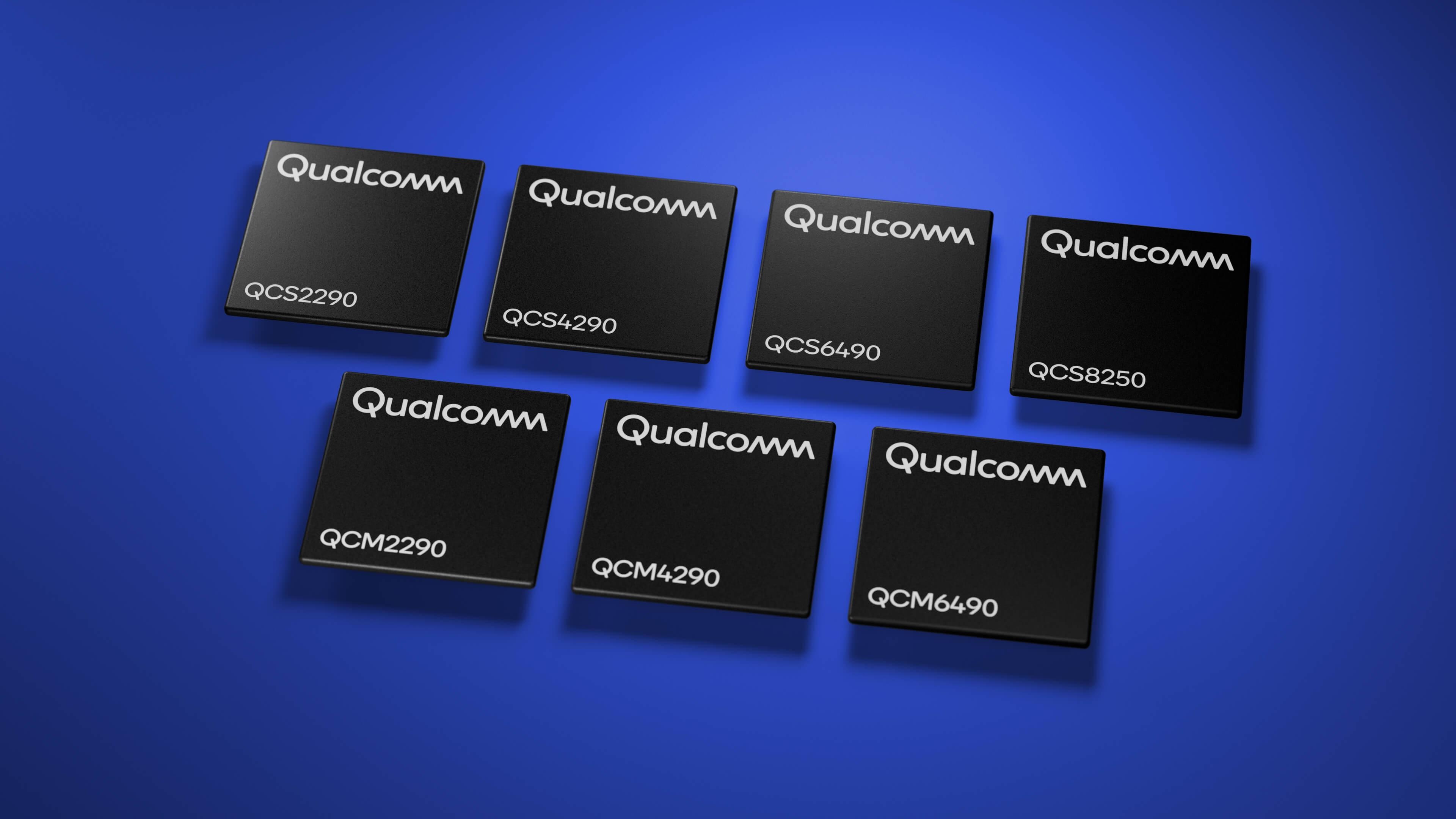Qualcomm wants to become the 'preferred platform for PCs' over Intel and Apple M1
Welcome to the ARM race

Qualcomm is looking to take the current computing hardware industry head-on, announcing its plans for a next-generation Arm-based SoC “designed to set the performance benchmark for Windows PCs” and claiming that it's "very well positioned to be the preferred platform for PCs, in the inevitable transition to ARM."
As reported by PC Gamer, Qualcomm chief officer Dr. James Thompson announced plans at the company’s 2021 Investor Day event that the chipmaker would have a new generation of ARM-based chips for laptops and desktops that would go head to head against Apple’s M-series chips in around nine-months time.
Given Qualcomm's current track record with the computer market, that's a pretty big statement to be making. Not only did the M1 SoC (system-on-a-chip) make some serious waves when it launched last year, but Qualcomm's previous attempts to break into the PC market have felt lackluster, with products such as the Samsung Galaxy Book S running the Snapdragon 8cx (the companies first SoC designed exclusively for computers) not meeting expectations.
Not only that, but even Microsoft's collaboration with Qualcomm to produce the SQ1 processor for the Microsoft Surface Pro X failed to impress. With such disappointing performance, it's no wonder people went into Apple's M1 announcement with low expectations, and why the Apple silicon has taken the market by storm.
Qualcomm's new chip will be designed by the Nuvia team, a company created back in 2019 by three ex-Apple employees and subsequently purchased by Qualcomm for $1.4 billion earlier in January of this year.
Despite this current positioning over Apple, the company also has its sights set on the wider computing hardware industry too, with Tom's Hardware reporting that the Adreno GPU currently integrated into the Snapdragon SoC will be scaled up to perform at the level of a dedicated video card, though no plans were revealed on how this is being developed.
With that, the chipmaker claimed that its new generation of ARM SoC's will provide better performance and battery life, with compatibility to be used across mobile devices, tablets and even vehicles. Qualcomm is aiming to get samples into the hands of vendors in nine-months time, with the goal to sell to consumers by 2023.
Get daily insight, inspiration and deals in your inbox
Sign up for breaking news, reviews, opinion, top tech deals, and more.
Analysis: All bark, no bite for now
Qualcomm is making some pretty big promises here, many of which echo the very same ones made by Apple regarding the M1 SoC release. It's understandable that it would want to emulate the success of Apple's silicon, but given it already has a disappointing history in the PC market, Qualcomm shouldn't be surprised when we say that we'll believe it when we see it.
The future of the computing industry may very well be ARM-based, but it's easy enough to make bold statements and another thing entirely to make good on your promises. Until the samples land with vendors and testers in nine-months time and we see some results (providing there are no setbacks or delays), this is all talk for now.
Given the current chip shortage and supply chain issues it's also not ideal to publically announce a planned release date under these conditions either. Like it or not, Apple's system for keeping everything a secret until the day of a live public announcement would fare better and keep expectations low, something that Qualcomm would have been better to emulate.
Who knows, perhaps we will be eating our words this time next year when some early benchmarks come in, but until we can get our hands on a device powered by these expected Snapdragon SoC's, we will remain skeptical.
- Here are the best laptops you can buy in 2021
Jess is a former TechRadar Computing writer, where she covered all aspects of Mac and PC hardware, including PC gaming and peripherals. She has been interviewed as an industry expert for the BBC, and while her educational background was in prosthetics and model-making, her true love is in tech and she has built numerous desktop computers over the last 10 years for gaming and content creation. Jess is now a journalist at The Verge.
